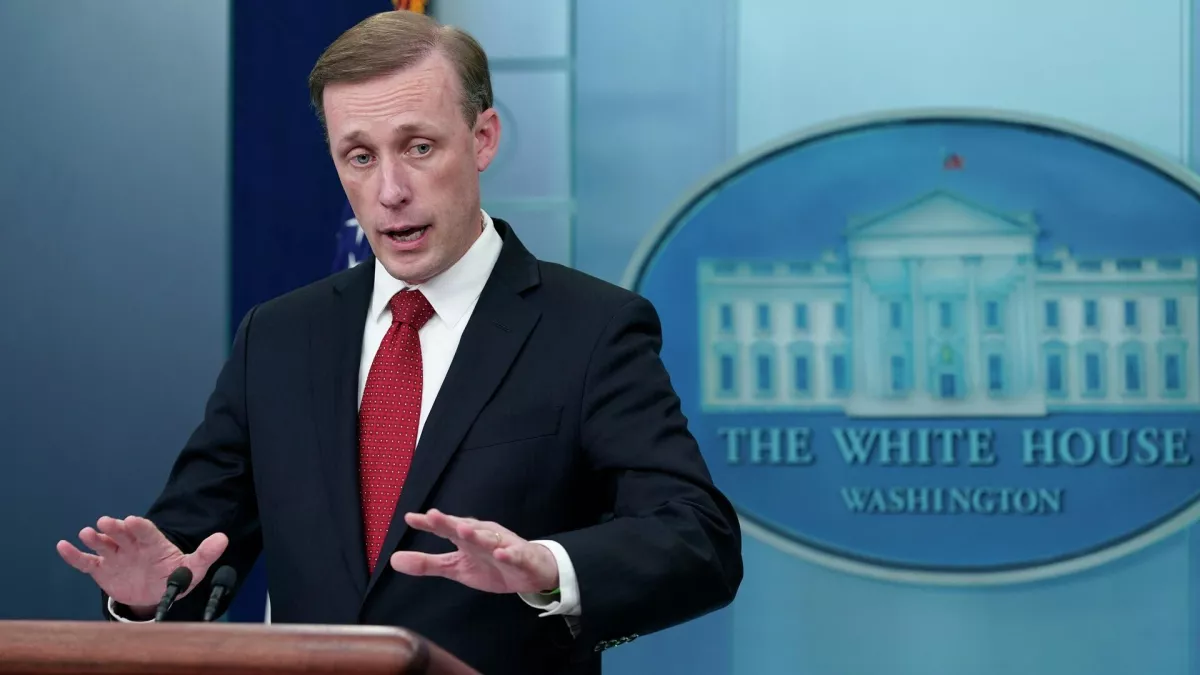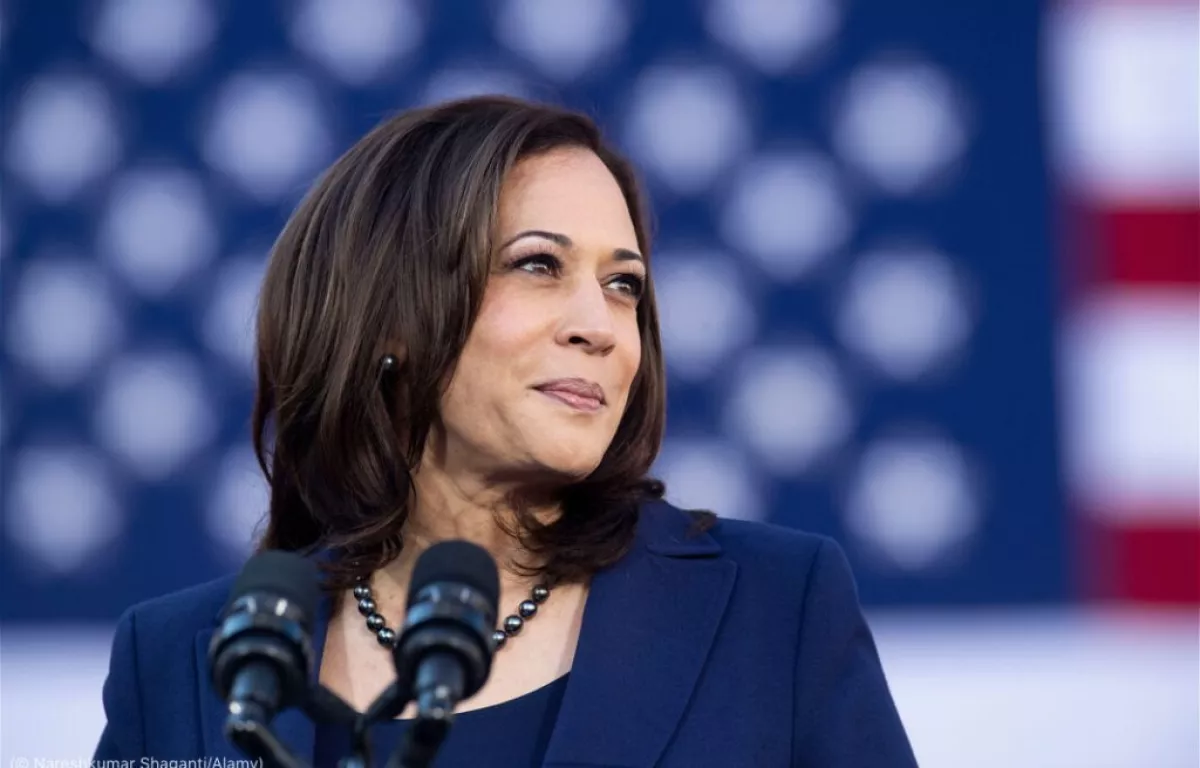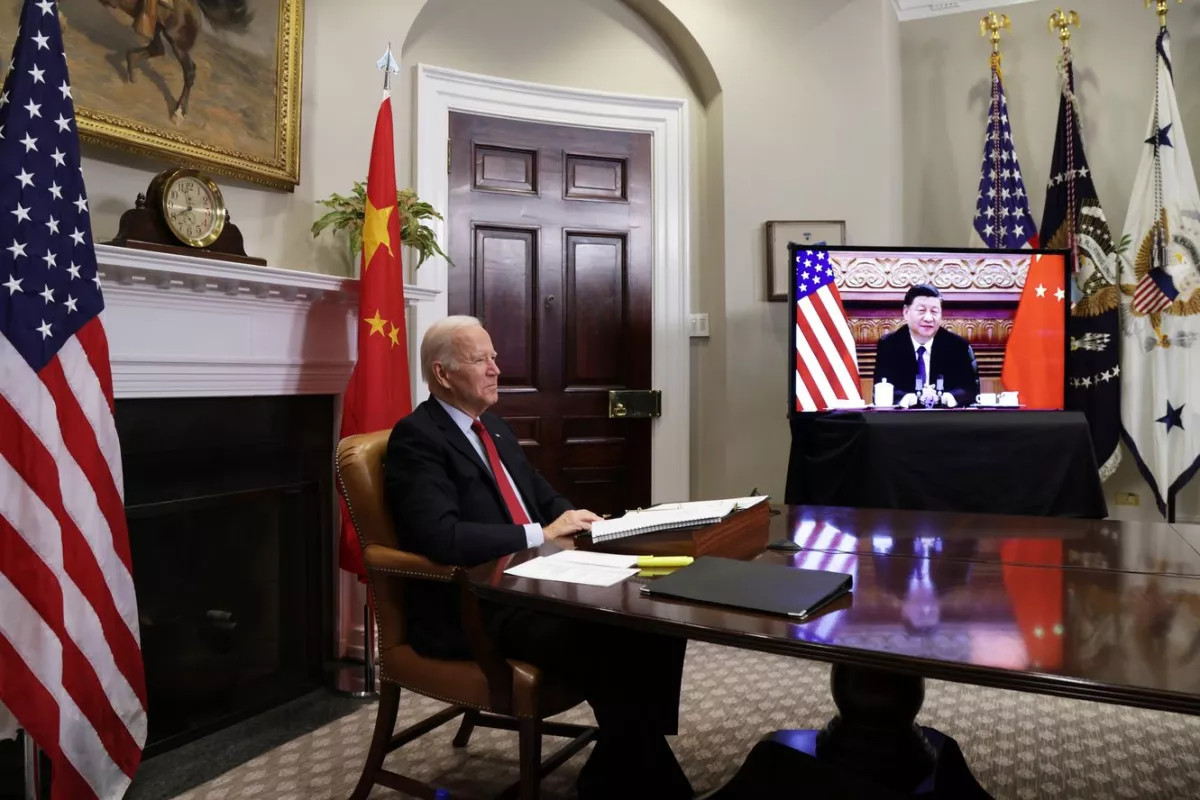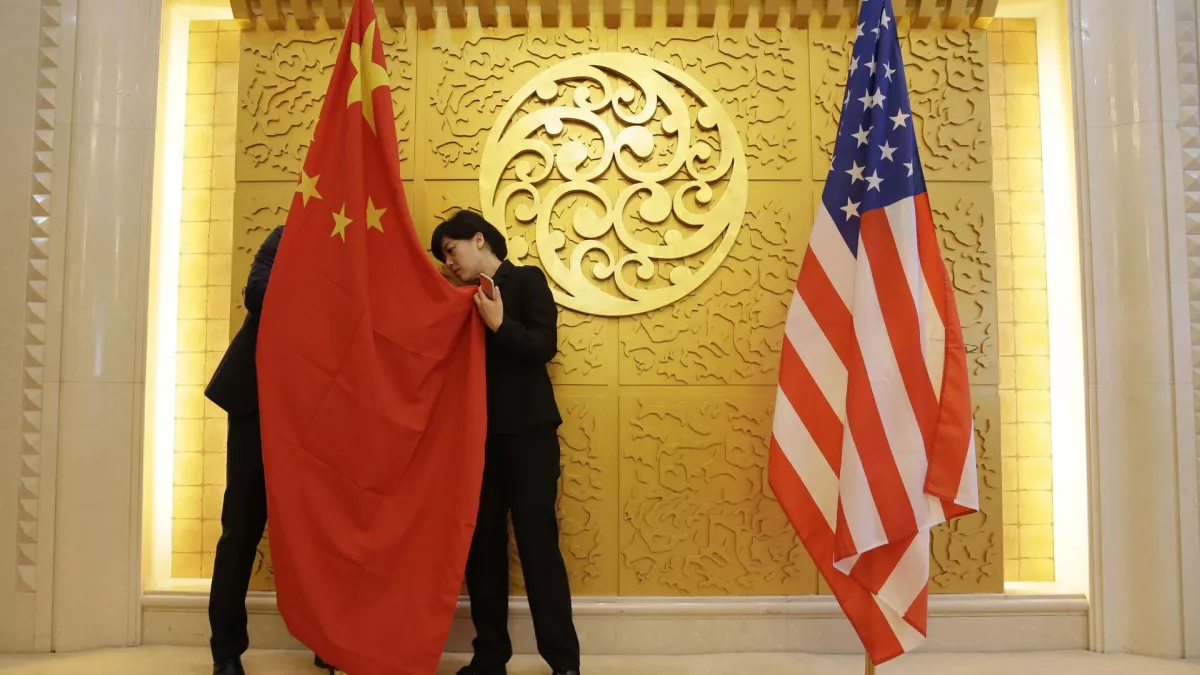US-China relations in search for diplomatic breakthroughs Caught in “Thucydides’s Trap”
The relationship between Washington and Beijing is increasingly mired in historical tensions. Both nations are striving to navigate this quagmire, but progress remains elusive. For diplomatic efforts to be effective, a heightened sense of urgency and apprehension may be required.
Last week, Jake Sullivan, the US National Security Advisor, undertook a three-day visit to China. The main item on his agenda in Beijing was discussions with China’s Foreign Minister Wang Yi and the head of the Central Committee’s office, also Wang Yi. He also met with President Xi Jinping and Zhang Youxia, the Vice Chairman of the Central Military Commission. Media reports highlight that this is their fifth meeting in less than a year and a half, and it is the first official trip to China by a US national security advisor since 2016.
The visit was neither groundbreaking nor particularly notable. The only agreement announced was to arrange a phone call between the leaders of the two countries "in the coming weeks." Nevertheless, the visit offers another opportunity to assess the dynamics and prospects of Sino-American relations, as well as their significance for the rest of the world.

A visit lost in the election fog
In the American media landscape, the National Security Advisor's trip to Beijing has struggled to gain traction, buried under the avalanche of presidential campaign coverage. Given the current intense societal and political divisions in the US, and with the election approaching its climax, this focus is hardly surprising. Foreign policy issues often fade into the background during election season.
However, it is striking how little attention is paid to pivotal dealings with a key global rival. US-China relations have become a battleground for domestic political posturing. Both major parties are fiercely competing to present themselves as the most steadfast adversaries of China, frequently accusing their rivals of being weak and overly accommodating towards Beijing. A case in point is the Republican scrutiny of Tim Walz, the new Democratic vice-presidential candidate, who has a background of living and teaching in China. Republicans have seized on his past to question any potential links to the Chinese government or its intelligence agencies, casting doubt on his commitment to American interests.
The escalating use of China as a political weapon to undermine domestic rivals is now outpacing similar tactics involving Russia. If this trend continues, the US could soon witness a "hunt for Chinese witches" reminiscent of the McCarthyism era of the late 1940s and early 1950s.

Jake Sullivan’s visit to Beijing likely aimed to cut off Republican attempts to accuse the Biden-Harris administration of mishandling China relations. With the Trump camp frequently denouncing the current administration for engaging in what they term "empty diplomacy," the White House must show that its dialogues with China are productive and assertive. Demonstrating that senior officials are staunchly defending American interests and securing tangible results is crucial for countering these criticisms.
According to Jake Sullivan, his discussions in Beijing covered a range of complex issues in US-China relations.
“Over the course of 14 hours of meetings, we discussed progress and next steps on implementation of the Woodside commitments, including our work on counternarcotics and efforts to reduce the flow of illicit synthetic drugs into the United States; military-to-military communications including an upcoming engagement between our theater commanders; as well as work towards another round of AI safety and risk talks. Among other issues of global concern, we discussed the recent efforts to reach a ceasefire and hostage release deal in Gaza,” he said.
It is still difficult to say whether Washington and Beijing made any progress on any of these issues during the visit. The lack of official statements of this nature does not necessarily equate to a complete absence of progress in the negotiations. After all, the role of National Security Advisor (despite Jake Sullivan's overt personal ambition) does not involve loud media fanfare following meetings with foreign leaders. Therefore, it is worth waiting for the anticipated phone call between Biden and Xi, and possibly their subsequent meeting at one of the upcoming multilateral summits.

Nevertheless, there are no serious signs of breaking the negative trends in China-US relations in the short or even medium term. This is not merely due to the uncertainty surrounding the US presidential elections, which have turned Biden into a "lame duck" and objectively limit Beijing's incentive to make significant agreements with Washington. The issue lies in the age-old propensity for conflict among superpowers.
Modern superpowers in historical trap
In both the US and China, their relationship is viewed as the defining bilateral relationship of the modern era, with implications for the future of the entire planet. US strategic doctrines and the rhetoric of American politicians emphasise that China is the only power capable of posing a real challenge to Washington's global leadership. It is often stated that never before in history have the US faced such a powerful and serious global competitor with the resources and capabilities to potentially rival Americans in nearly all areas: from high-tech sectors of the economy to the military-industrial sphere and global humanitarian influence. In China, of course, the US is similarly perceived as the most significant “other,” representing a major challenge and political problem.
A quick glance at the key figures confirms the perspectives of both the Chinese and Americans. In terms of crucial indicators of geostrategic power—such as the size of their economies and military expenditures—these two nations significantly outpace all other countries. A similar picture emerges across most other relevant metrics: innovation, investment and production capabilities, the extent of diplomatic presence worldwide, military and technical potential, and so on.

"However, these figures and their impact on mutual American-Chinese perceptions are additionally (and rather uniquely in historical terms) complicated by the factor of enormous interdependence. Despite the differences and antagonism, Beijing and Washington are so interconnected that their tangible prospects for economic and social well-being are directly dependent on each other. In the US, Chinese presence is literally everywhere: from endless “Made in China” products in supermarkets and online platforms to any political and public discussion where the Chinese factor plays a primary role. In China, the situation is largely mirrored, though with a much smaller US product presence, but with dominant influence from American finance.
Given these obvious circumstances, during a meeting with Sullivan, Chinese President Xi Jinping stated that the two powers must “take responsibility before history, peoples, and the world, and also become sources of global stability and drivers of common development.” Similar constructively-friendly statements were also made by Sullivan, whose message boiled down to a desire to agree on some format of managed competition in relations.
Unfortunately, all these noble declarations inevitably fall into a historical trap from which Washington and Beijing are currently unable to escape. At least for now, the level of tension between them is not yet high enough, and security threats are still perceived as more hypothetically distant than close and real. And as long as neither side has determined the optimal balance of hostility and cooperation with each other."
"We have already written about this trap. In literature, it is known as the “Thucydides Trap” and illustrates how history has repeatedly shown the same pattern in the relations between an existing hegemon and a rival perceived as its main competitor. This pattern has led to escalating systemic contradictions and often to large-scale wars between them.

It is clear that the dynamics of American-Chinese relations today are caught in such a trap. They are increasingly sinking into it. As a result, we observe how interdependence and cooperation actively coexist with rivalry and the drive to inflict as much damage as possible on the competitor in specific areas, and to limit opportunities for development. Moreover, this latter component is becoming increasingly central. Almost every week there is news that confirms the trend.."
What to expect?
In "Destined for War," Harvard scholar Graham Allison argues that Thucydides's Trap is a crucial framework for understanding US-China relations in the 21st century. After examining conflicts between major powers over the past 500 years, Allison found that only 16 conflicts fully fit his concept. Of these, 12 led to significant wars, while the remaining 4 managed to avoid direct military confrontations. Whether Washington and Beijing will avoid a fifth major war remains uncertain and is a key concern of our time.
Ideally, both sides would seek to avoid the worst-case scenario, which is why there's so much emphasis on diplomacy and cooperation. At a recent press conference, National Security Advisor Jake Sullivan highlighted the importance of "responsible management" through diplomacy, which he stressed during his first visit to China. This timing, just months before the current administration ends, might suggest that diplomacy has not been as effective or prioritized as it should be.
For diplomacy to be truly effective, both nations need to experience a heightened sense of threat and its potential consequences. Historically, an increased fear of catastrophic military conflict often serves as a strong motivator for diplomatic efforts.








